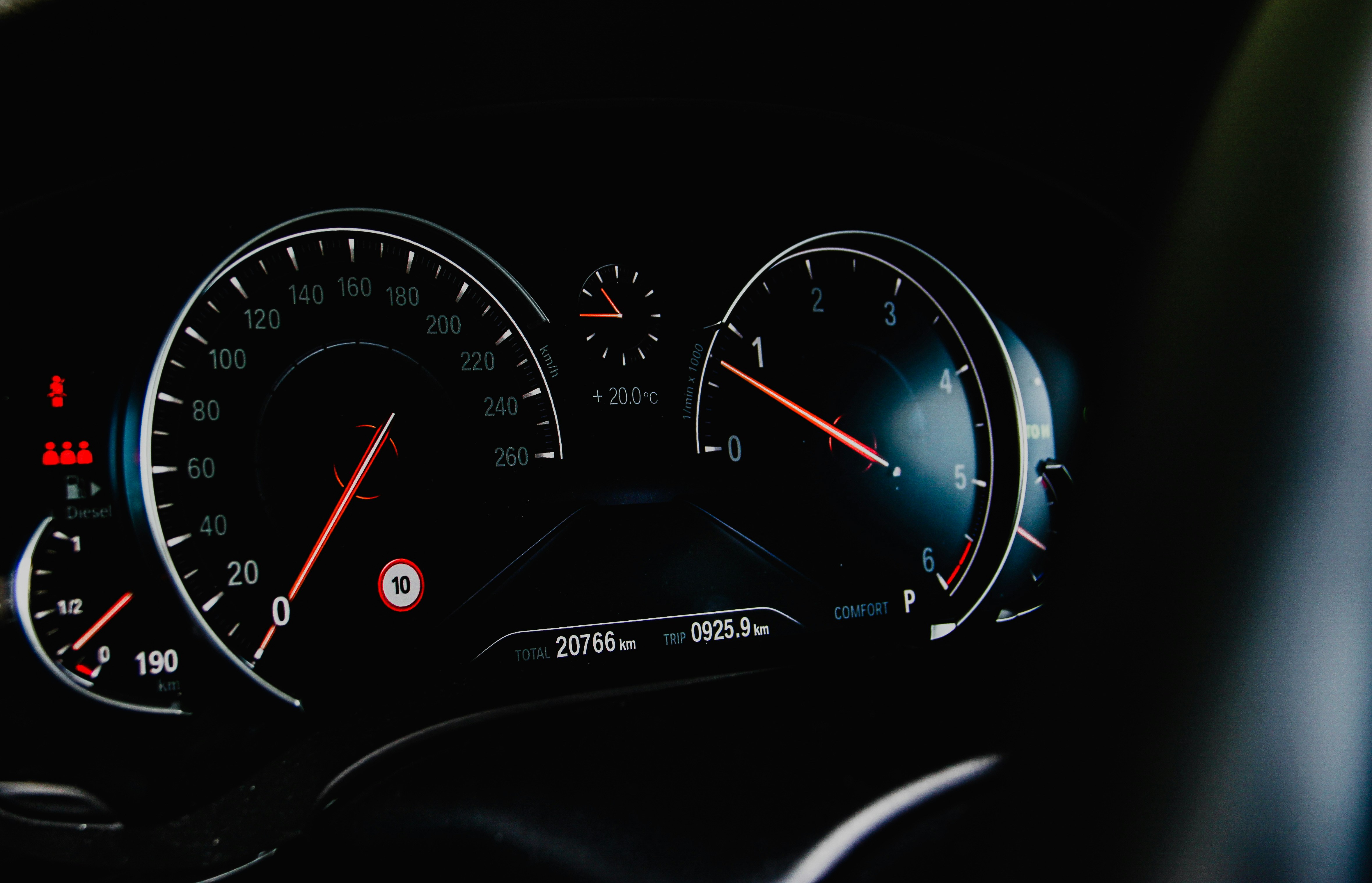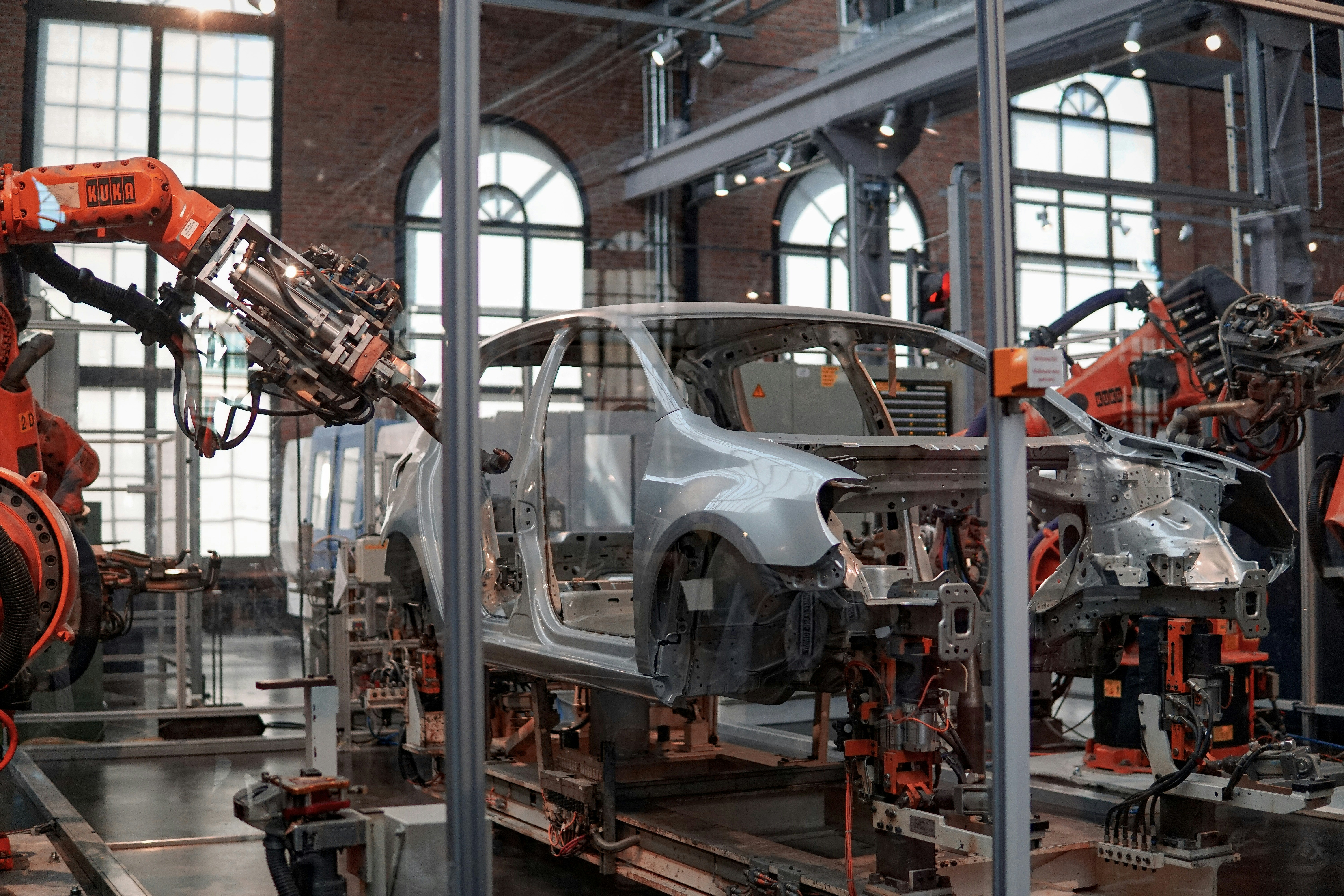In this article, we will discuss the key components of the exhaust system that need regular maintenance. By understanding these components, you will be able to keep your exhaust system in good working condition and prevent any potential issues. We will cover the important parts such as the catalytic converter, muffler, and oxygen sensors, and explain why regular maintenance is crucial for their longevity. By the end of this article, you will have a better understanding of how to maintain your exhaust system and keep it running smoothly.
Introduction
Maintaining your vehicle’s exhaust system is essential to ensure optimal performance and longevity. The exhaust system is responsible for removing harmful gases from the engine and releasing them into the atmosphere. Over time, various components of the exhaust system can wear down or become damaged, leading to decreased efficiency and potential safety hazards. In this article, we will explore the key components of the exhaust system that require regular maintenance and the importance of keeping them in good condition.
1. Exhaust Manifold
1.1 Importance of Regular Maintenance
The exhaust manifold plays a vital role in collecting and directing exhaust gases away from the engine cylinders. Regular maintenance of the exhaust manifold is crucial to prevent leaks, which can result in reduced engine efficiency and increased emissions. It is important to check the condition of the exhaust manifold regularly and address any cracks or damage promptly to ensure optimal functioning.
1.2 Potential Issues Without Maintenance
Failure to maintain the exhaust manifold can lead to several problems. First, exhaust leaks can cause the engine to run inefficiently, resulting in decreased power and fuel economy. Additionally, leaks can allow harmful gases, such as carbon monoxide, to seep into the cabin, posing a serious health risk to the vehicle occupants. By regularly inspecting and maintaining the exhaust manifold, you can prevent these issues and keep your vehicle running smoothly.
2. Catalytic Converter
2.1 Role in the Exhaust System
The catalytic converter is a crucial component of the exhaust system, responsible for reducing harmful emissions before they are released into the atmosphere. It contains catalysts that convert pollutants, such as carbon monoxide and nitrogen oxides, into less harmful substances. The catalytic converter plays a significant role in improving air quality and meeting emission standards.
2.2 Importance of Maintenance
Regular maintenance of the catalytic converter is vital to ensure its proper functioning. Over time, the catalysts inside the converter can degrade or become contaminated, leading to reduced efficiency. It is essential to have the catalytic converter inspected by a qualified technician regularly. They can check for any signs of damage or clogging and replace the converter if necessary. By maintaining the catalytic converter, you can help reduce pollution and prolong its lifespan.
3. Muffler
3.1 Function and Importance
The muffler is an integral part of the exhaust system, responsible for reducing the noise produced by the engine’s exhaust gases. Its primary function is to dampen and redirect the sound waves created during the combustion process, ensuring a quieter driving experience. Maintaining the muffler is important not only for noise reduction but also for overall exhaust system performance.
3.2 Common Maintenance Tasks
To keep the muffler in good condition, regular maintenance is required. One common maintenance task is inspecting the muffler for any signs of damage, such as rust or holes, and addressing them promptly. It is also important to ensure that the muffler’s hangers and mounts are secure, as loose or damaged attachments can cause excessive vibration and noise. Regular cleaning and lubrication of the muffler can also help prevent corrosion and extend its lifespan.
4. Oxygen Sensor
4.1 Monitoring Engine Performance
The oxygen sensor, also known as the O2 sensor, is a vital part of the exhaust system that measures the amount of oxygen in the exhaust gases. It helps the engine control unit (ECU) adjust the air-fuel mixture for optimal combustion efficiency. Regular maintenance of the oxygen sensor is necessary to ensure accurate readings and prevent misfires and other engine performance issues.
4.2 Regular Maintenance for Optimal Functioning
Over time, the oxygen sensor can become fouled or worn out, leading to inaccurate readings and decreased engine performance. Regular maintenance involves inspecting the sensor for any signs of damage or contamination and replacing it as needed. It is recommended to replace the oxygen sensor at the manufacturer’s recommended intervals or when it fails to provide accurate readings. By keeping the oxygen sensor in good working condition, you can help optimize engine performance and fuel efficiency.
5. Exhaust Pipes
5.1 Importance of Proper Functioning
The exhaust pipes are responsible for transporting the gases from the engine to the other components of the exhaust system. It is essential for the pipes to be free of leaks or blockages to ensure proper flow and emission control. Regular maintenance of the exhaust pipes is crucial to prevent issues such as decreased power, increased emissions, and noisy operation.
5.2 Signs of Damage or Wear
Inspecting the exhaust pipes regularly can help identify any signs of damage or wear. Look for rust, holes, or loose connections, as these can indicate leaks or imminent failure. Additionally, pay attention to any abnormal noises coming from the exhaust system, such as rattling or hissing sounds. These signs may indicate a problem with the exhaust pipes that requires immediate attention. By addressing issues promptly, you can prevent further damage and ensure the proper functioning of the exhaust system.
6. Hangers and Mounts
6.1 Role in Supporting the Exhaust System
The hangers and mounts are essential components that support and secure the exhaust system underneath the vehicle. They help maintain proper alignment and prevent excessive movement, reducing the risk of damage to other exhaust system components. Regular maintenance of the hangers and mounts is necessary to ensure their integrity and prevent premature failure.
6.2 Inspections and Maintenance
Regular inspections of the hangers and mounts should be conducted to check for signs of damage, such as rust, corrosion, or wear. Tighten any loose connections or replace damaged hangers and mounts as needed. Additionally, ensure that the exhaust system is properly aligned and securely attached to the vehicle’s chassis. By maintaining the hangers and mounts, you can help extend the lifespan of the exhaust system and prevent unnecessary repairs.
Conclusion
Regular maintenance of the key components of the exhaust system is crucial to ensure optimal performance, reduce emissions, and prevent costly repairs. By regularly inspecting and maintaining the exhaust manifold, catalytic converter, muffler, oxygen sensor, exhaust pipes, and hangers and mounts, you can keep your vehicle running smoothly and efficiently. Remember to consult your vehicle’s manual and seek professional assistance when needed. Taking care of your exhaust system will not only benefit your vehicle but also contribute to a cleaner and healthier environment.



